
OR
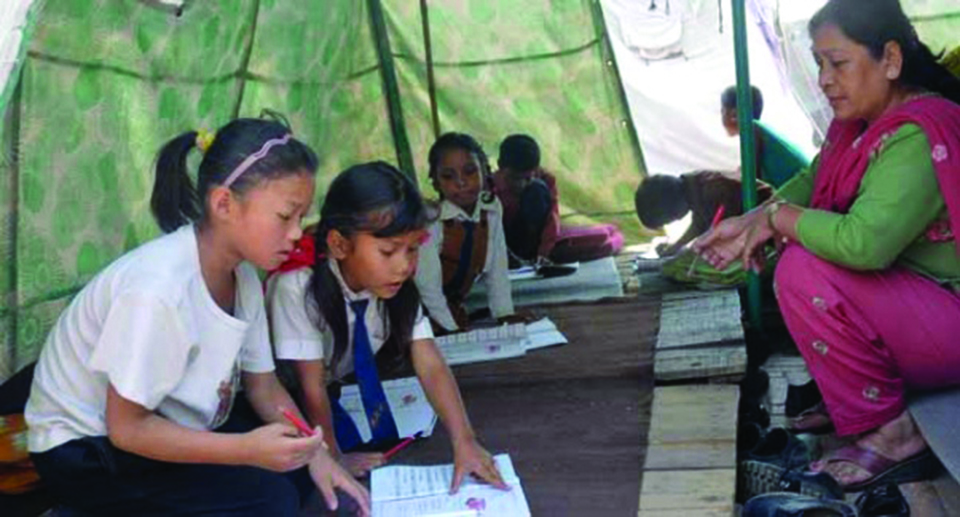

Resha Makaju
The author is a student of BSc nursing at Institute of Medicine, Tribhuvan Universitynews@myrepublica.com
More from Author
Education in Nepal is a struggle in every step. From enrolling in the primary school to deciding the career for lifetime, there are hurdles everywhere
In a country like Nepal with the literacy rate of 63.9 percent, struggle for education is real. To begin with, enrolling students in schools is a tough job for low economic class of people. While earning just enough to get by, budget for children’s education becomes an exhausting thing to manage. This is reflected in the staggeringly high dropout rate of school children in Nepal.
Discrepancy between rural and urban population is quite apparent. Earning for livelihood itself is such a big challenge for socially underprivileged people that they cannot give much priority to education. The poor can’t really afford for their children’s basic education and when they grow up uneducated, they fall into the same vicious cycle. This vicious cycle goes on. Children in most of the cases are involved in assisting parents in domestic chores at the time when they should be at school. When their day long work earns them barely sufficing to make ends meet, it is difficult to believe in investment that will yield decades later.
Community school students are primarily taught in Nepali language while English is the preferred medium of communication in private schools. So private school students have stronger command in English language. People’s perception about English language in South Asia is hilarious. English language is taken as more than just a language. Rather, it is considered as a benchmark to gauge the intelligence of a person. If you present your ideas in English, obviously you draw more attention. On the other hand, if you present the same ideas in your national language, people hardly listen to you.
After you somehow get through the basic primary education, the chance to get to choose the subject of interest is a new story. Choice of subject is rarely driven by a student’s actual interests. A multitude of factors come into play. Parental pressure is one of them because parents in most of the cases hardly understand the interests and inclination of their kids. In most of the cases, students are often pressured MBBS or Engineering. Apparently, those are the only dignified profession prevailing in the society. If you have to maintain your familial prestige, you have to choose it no matter what. A talent person hardly chooses ‘Management’ or ‘Arts’ faculty. However, changes have been witnessed so far.
In MBBS, for example, there are limited seats available, but the number of applicants is overwhelmingly large. Those from well-to-do family can afford for donation seats, but for the rest the competition is real tough. Eventually one may give up study in the middle of stream.
If one is involved in something they are passionate about, they will give their best of themselves. The outcome can also be expected to be something miraculous because you will do it with all your heart.
If you want to study fashion designing first of all, god knows how many days and nights it will take you to convince your parents. Then there goes the societal perception towards profession like that. Now, even after you complete the course, the scope available in these areas is quite frustrating. You realize that if you had spent the same years of your life in studying something else, you would have become more successful.
Thus education in Nepal is a struggle in every step. From enrolling in the primary school to deciding the career, one has to go through many hurdles. Unless we can make our education affordable, rewarding and job-oriented, such struggle will continue.
The author is a student of BSc nursing at Institute of Medicine, Tribhuvan University
You May Like This

Education minister brings roadmap for education sector
KATHMANDU, April 11: Minister for Education, Science and Technology (MoEST) Giriraj Mani Pokharel on Wednesday unveiled a seven-page roadmap for... Read More...

State-Minister for Education Adhikari bats for education reform
CHITWAN, Sept 27: State-Minister for Education, Sheshnath Adhikari, has given a clarion call to the concerned authorities to bring about... Read More...
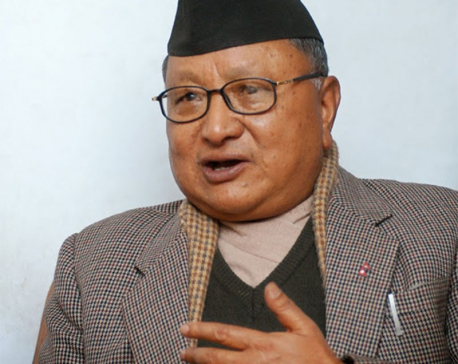
Rights of every student to quality education secured: Education Minister Shrestha
KATHMANDU, June 14: Deputy Prime Minister and Education Minister, Gopalman Shrestha has said that the right of every student of... Read More...
Just In
- KMC to organize a month-long skill fair from May 1
- Birgunj Metropolis collects over Rs 360 million in revenue
- NEPSE plunges below 2,000 points after one and a half months; daily turnover declines to Rs 2.10 billion
- AI Index Report-2024: AI still behind humans on complex tasks like competition-level mathematics
- Daiji-Jogbudha road construction at snail’s pace
- Govt fails to adopt podway technology despite its potential in Nepal
- Jhulaghat border crossing in Baitadi to remain closed from this evening
- Universities will be free from partisan interests: Education Minister








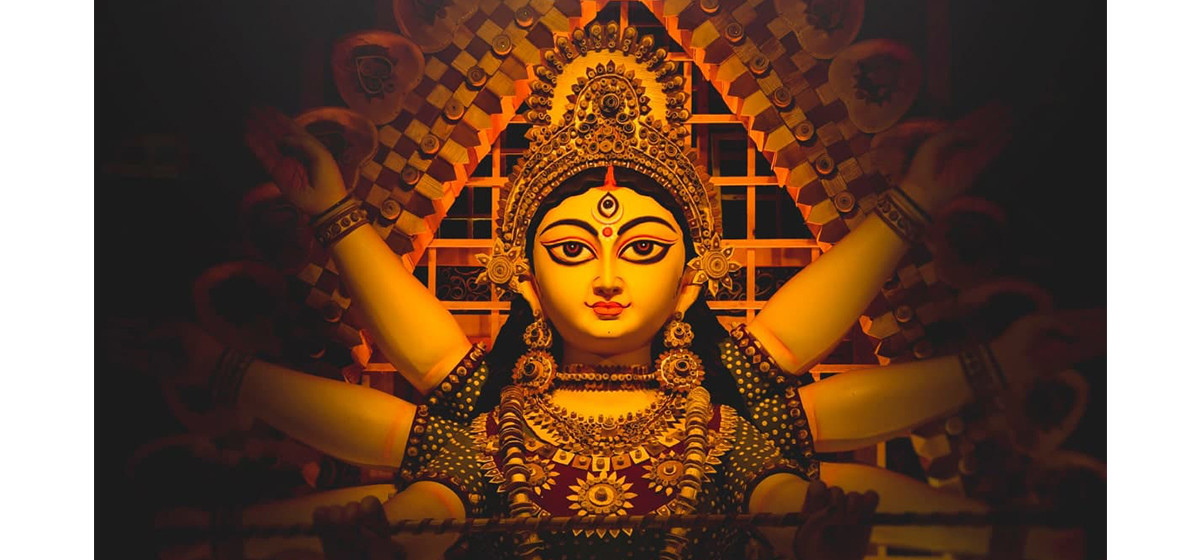
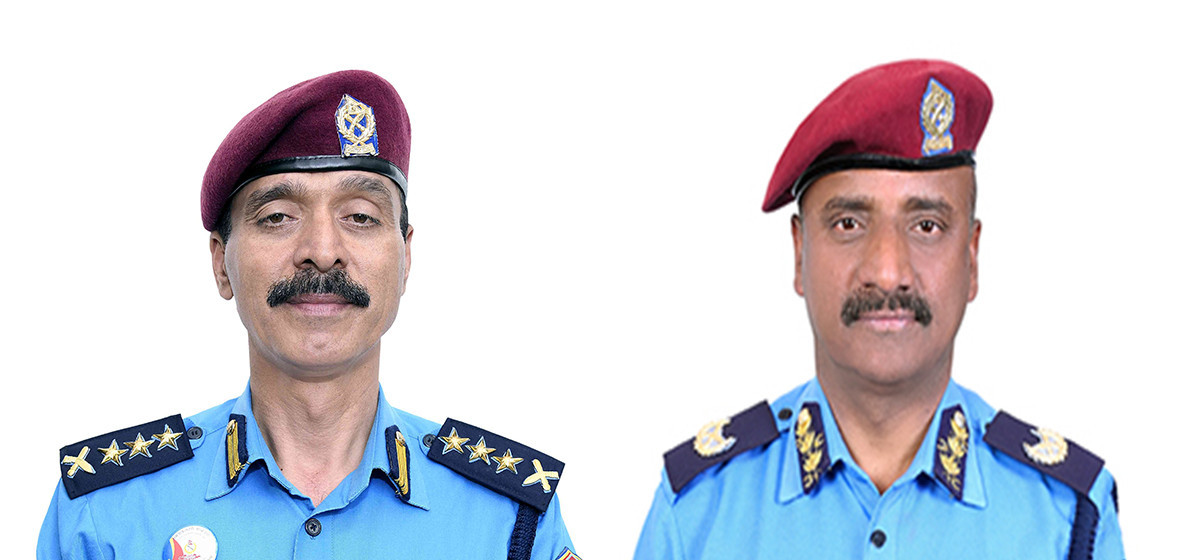


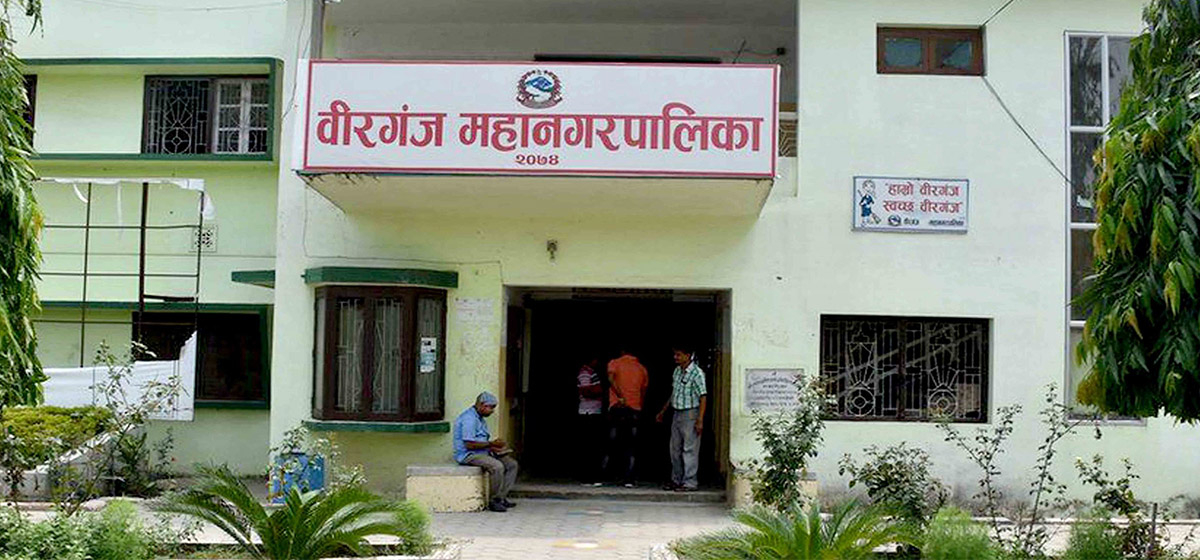


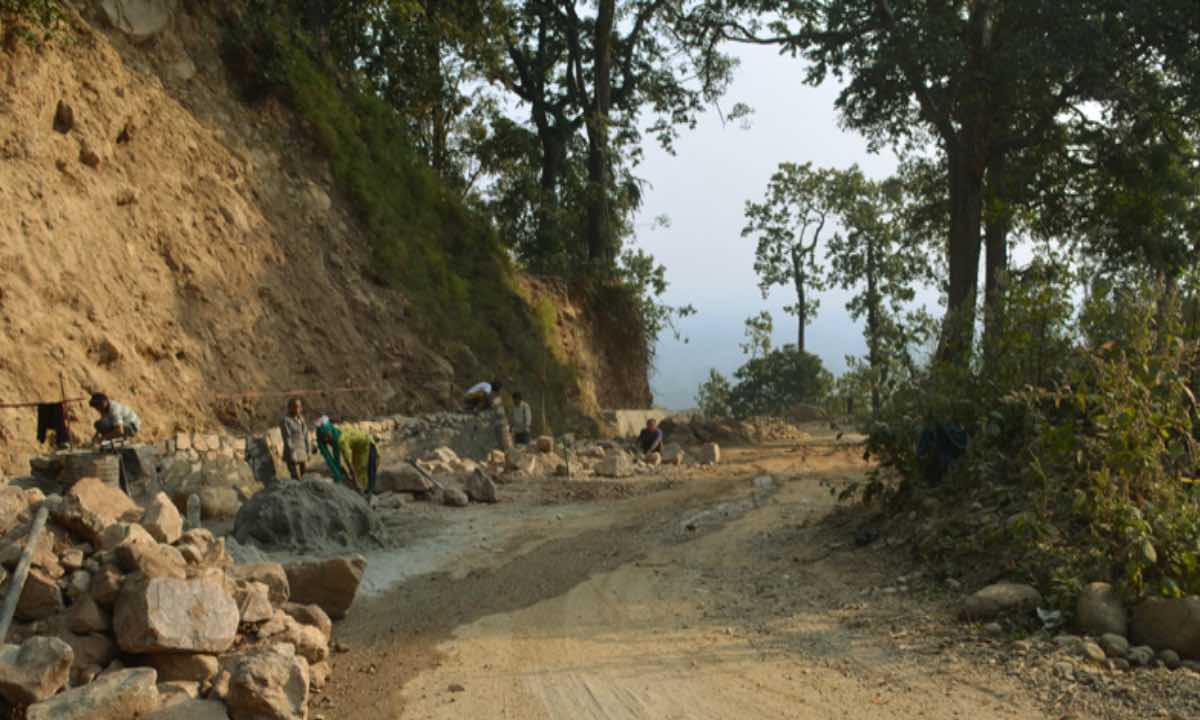
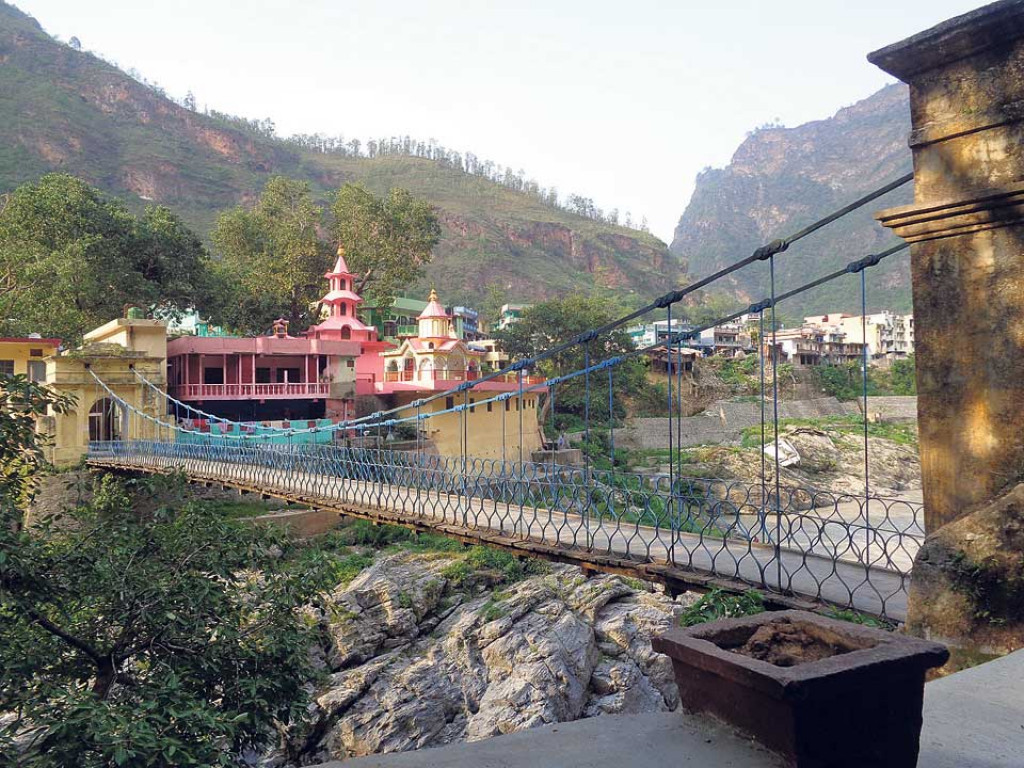
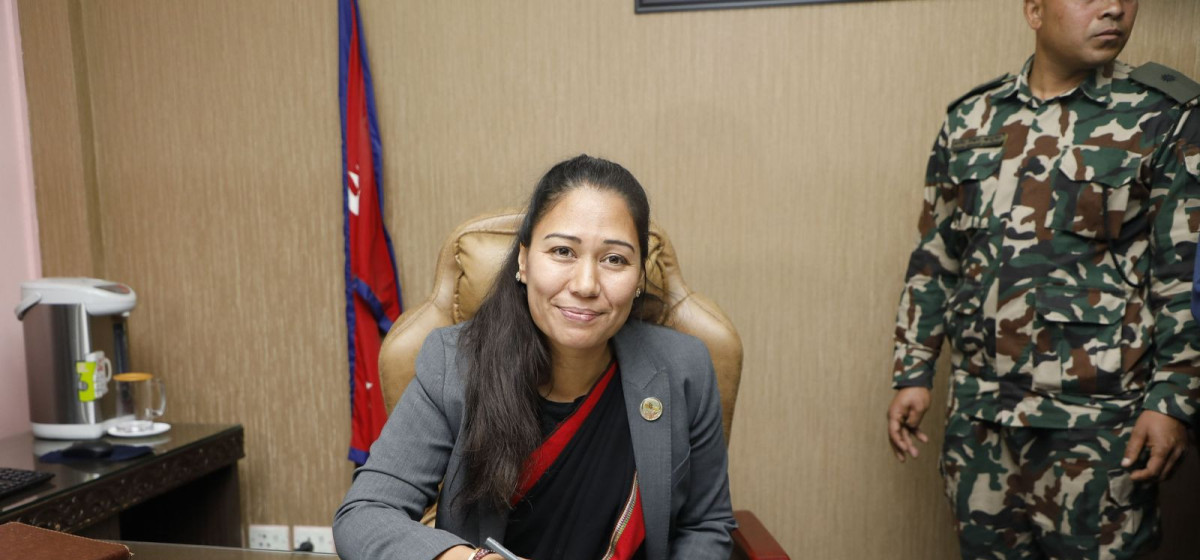
Leave A Comment